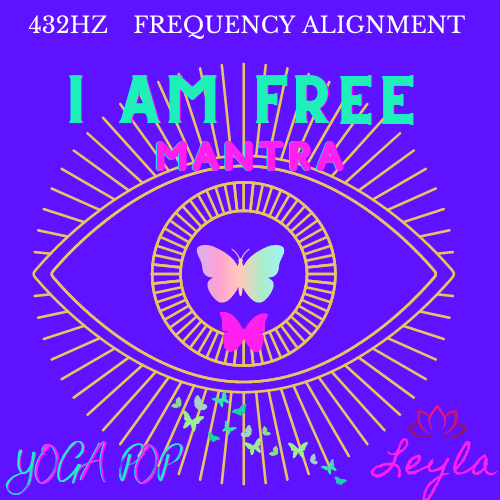OOn their Vertigo tour in 2005, U2 took to the stage to Arcade Fire’s Wake Up. It felt like an act of blessing from the undisputed kings of stadium rock, a public equivalent of the legendary “Bono talk” in which the U2 frontman is renowned for approaching young bands and offering congratulations and advice in a message. welcome to the board. style of administrators. Here’s a band made up of stuff similar to early ’80s U2 – born out of alternative rock, but with ambitions far beyond that; socially conscious; seemingly fueled by religious or quasi-religious fervor – and able to do what U2 did commercially in the late 80s.
Arcade Fire was clearly not opposed to the idea. They dealt almost exclusively with big statements with anthemic songs often divided into several parts, big sounds and spectacular shows. The more they grew – awards, livecasts of arena concerts led by Terry Gilliam, albums entering the charts at No. 1 – the more their ambitions adjusted accordingly: 2013’s Reflektor was an 85-minute double album, inspired by Kierkegaard and featuring a guest appearance by David Bowie, accompanied by a feature-length documentary making-of and their own special for American television.
Then their rise went drastically off-piste with Everything Now in 2017, an address to the state of the world available in 22 different vinyl versions. It was preceded by an ostensibly satirical promotional campaign which was terribly unfunny – overstating the joke, as the humorless are wont to do, it seemed to last about five years – reviews were bad, sales in the States United have faltered. Five years later, Arcade Fire is reclaiming lost ground. Radiohead producer Nigel Godrich is on board, along with father John Misty, Portishead’s Geoff Barrow and Peter Gabriel. Luckily, they put a damper on Everything Now’s musical experimentation. If you think it’s counter-intuitive to praise an artist for being less ambitious, you obviously didn’t hear the results of that ambition last time around: let’s just mutter the words “cod reggae” and “rock artist trying to rap” and leave it there.
In its place is some of Arcade Fire’s simplest music to date, relying on tried-and-true techniques for stirring up vast crowds: synth pop-rock somewhere between the unbridled commercialism of the Killers and the approach more opaque of the war. on drugs (Age of Anxiety I, The Lightning I, II); bass drum-thumping folky singalong on Unconditional I (Lookout Kid). There’s also that venerable eve of the 21st century, a ballad that begins on solitary piano evoking The Beatles’ Hey Jude or John Lennon’s Imagine and gradually swells into string-laden, hard-hitting territory. It’s well-trodden territory, but Empire I-IV’s episodic nine-minute ending takes it to a new level, borrowing not just the vibe of Imagine, but the melody of its opening line – a cheeky move given the contentious times we live in.
There are some relative curve balls – the shimmering dance-pop of Age of Anxiety II (Rabbit Hole) and Unconditional II (Race And Religion) is pretty well done. The piano hook on Age of Anxiety I is genuinely catchy, the dramatic increase in tempo halfway through The Lightning I, II genuinely exciting. But it also feels oddly functional rather than giddy: enough new material to hold audiences’ interest between hits. In all honesty, it’s an improvement over Everything Now, an album that was packed with new material almost guaranteed to get audiences fighting for releases.
The only thing that hasn’t improved since last time are the lyrics, which optimistically ignore the theory that Arcade Fire is at its best when it focuses on the small and the personal – an appealing contrast. with a big screen musical approach. Instead, they’re sticking to the plan of Everything Now, an album that established the internet had a bad side and kept brooding about it to you, think about it, yeah? terms. Once again, everything seems to have been written in a style that evokes either a terrible amateur theater troupe or a punk ramalama group taking stock of society. “Rabbit hole, plastic soul…born in the abyss, new phone, who is it?” performs Age of Anxiety II (Rabbit Hole). “I’m unsubscribing, it’s not a way of life, I don’t believe in the hype…damn season five,” offers End of the Empire I-IV. Even Unconditional I (Lookout Kid), a gentle meditation on parenthood and the unique example of the album’s small-scale approach – “a life of scraped knees and heartbreak comes so easily” – is marred by a flurry of cobblers harassed about how you can’t rock without a roll and there’s no god without a soul.
Yet no one has ever captivated a stadium audience with the oblique subtlety of their wordplay. If We isn’t a return to the standards achieved by Arcade Fire on their 2010 debut album Funeral or The Suburbs, it’s an improvement on its predecessor, and probably enough to avoid a slow fall in festival bills. These, you suspect, may have been his goals, in which case: the job is done.
This week, Alexis listened
Pencil – I think so
Lo-fi and ragged take on a two-step garage beat, which unexpectedly morphs midway through into something noticeably jazz-influenced. Intriguing.
 AD Roberts
AD Roberts



